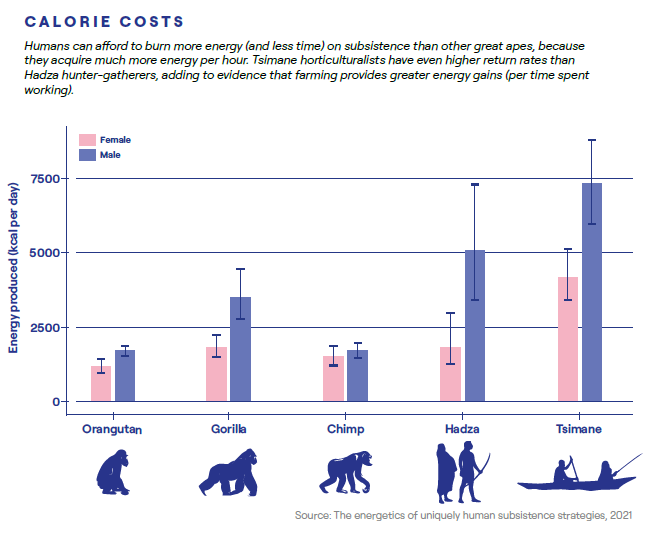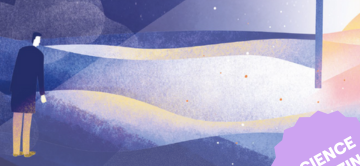This article was published in TSE science magazine, TSE Mag. It is part of the Autumn 2024 issue, dedicated to health. Discover the full PDF here and email us for a printed copy or your feedback on the mag, there.
Medical and public health advances have saved countless lives, but modern lifestyles have also led to the rise of obesity, type 2 diabetes, and many other chronic non-infectious diseases which may have been rare or absent in our evolutionary past. Rather than holding up professional athletes, bodybuilders and YouTube influencers as healthy ideals, IAST's Scientific Director says we also have a lot to learn from Amazonian villagers.
Shielded by dense jungle and the soaring Andes, the Tsimane people of Bolivia’s lowlands have much in common with the hunters, foragers and small-scale farmers of our evolutionary past. They are very physically active and eat a highfiber diet of complex carbohydrates like rice, manioc and plantain, supplemented with fish, game, fruit, nuts, and honey.
For the past two decades, Jonathan Stieglitz has codirected the Tsimane Health and Life History Project to produce anthropological and biomedical research that regularly hits the headlines, revealing the benefits of non-sedentary living. The Tsimane have some of the world’s cleanest coronary arteries, lowest prevalence of atrial fibrillation, and escape many chronic non-infectious diseases. Riddled with parasites and infections, they also tend to have much healthier brains, livers, and prostates than Westerners.
CURSE OF ABUNDANCE
A recent paper by Jonathan and former IAST colleagues compares how great apes including humans in subsistence societies like the Tsimane get food. Surprisingly, humans expend a lot more energy than other apes: walking long distances, climbing trees, digging tubers, and clearing trees. However, they also earn lots of calories in much less time. This risky strategy may have allowed humans to evolve valuable but energy-thirsty traits like large brains, high fertility and long lifespans.
Many of today’s health problems stem from our runaway success in overcoming the challenges of food scarcity. Our bodies evolved to be highly physically active, and our brains seek the greatest reward for the least effort. Surrounded by instant and abundant calories due to rapid environmental changes, evolved human biology is now mismatched with our current lifestyles.





